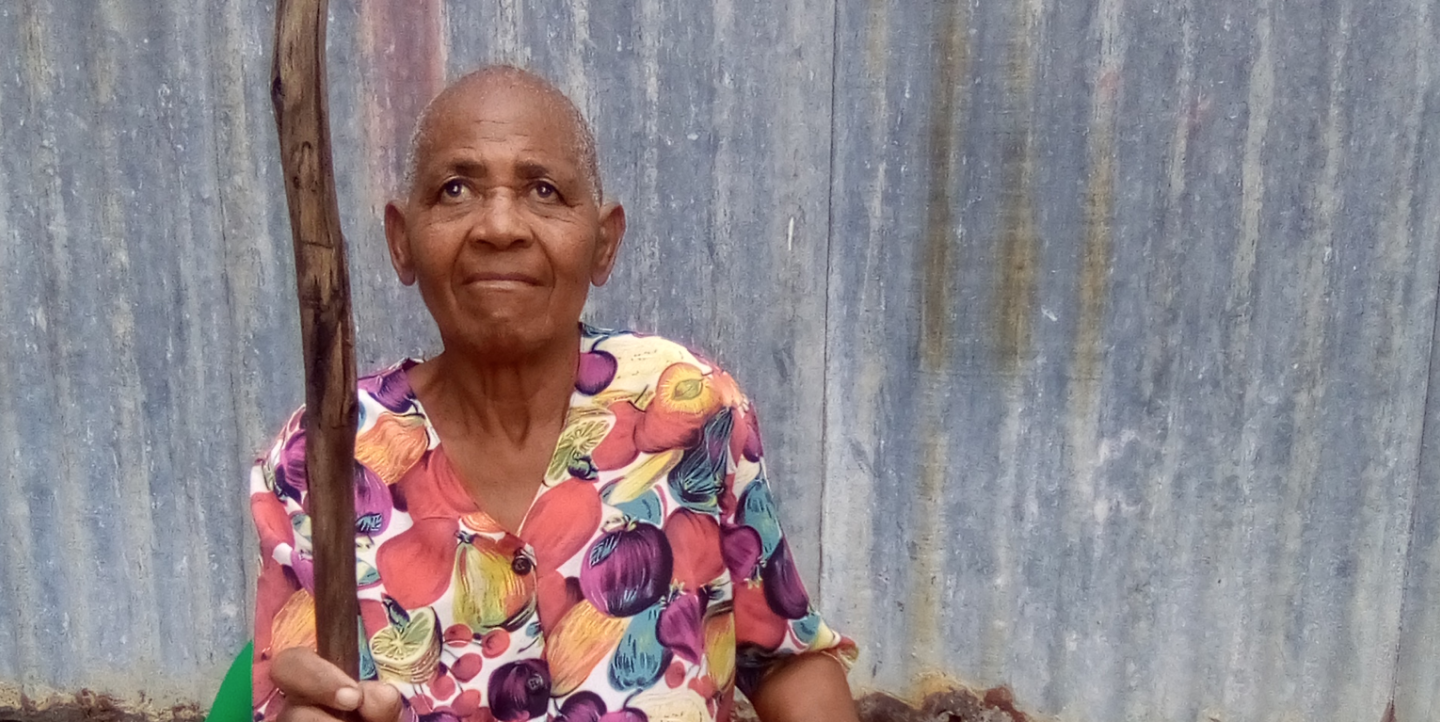I met Armando Nenane, one of the most prominent journalists in Mozambique, in the historical Chamanculo neighborhood in Maputo, the capital city. We sat under the shadow of a bushy tree, due to the blistering heat of that Tuesday.
I met with Nenane to speak about Crónica Jurídica e Judiciária (Juridical and Judiciary Chronicle), an online magazine launched three months ago that specializes in juridical and judicial topics. Nenane is the outlet's founder and the managing editor.
The magazine was born out of a feeling of restlessness, Nenane explained to me. When designing a news outlet exclusively focused on the justice system, he had in mind the basic rights of Mozambican citizens, including the right to information. Mozambique passed the Access to Information Act in 2010 granting this right, which followed in the footsteps of the Press Act of 1991 to assure press freedom. However, today Mozambique ranks 116th in press freedom globally, according to the Committee to Protect Journalists.
Crónica provides citizens with information on the justice system, and seeks to unravel implicit issues that people would have difficulty deciphering otherwise. Through the magazine, readers can follow and understand how the courts work.
"People misunderstand some aspects of the law. It's like the law was some sort of institution at the service of lawmakers, notably the attorneys, law experts and judges. But it isn’t so. The law actually is at the service of citizens," Nenane explained.
Ms. Julieta’s story
One example of citizens who benefit from Crónica’s work is Julieta Cossa, a 72-year-old woman, to whom the magazine gave a voice during her legal battles. Since 2020, Cossa has been waiting for a government housing agency to answer her request to ratify her ownership of a property, where she's lived for more than 40 years. Last April, the outlet's team learned of her story, and submitted a request through the Access to Information Act asking for details of her demand. The government agency did not answer the request, however.
The team at Crónica waited for a response from the officials for 15 days, the maximum period of time the government should take to answer a citizen’s request, according to the Administrative Procedure Act, before authoring their story. In the article, Cossa’s example was used to illustrate how the government had repeatedly violated the Act, which in Cossa’s case had left her for two years without a response from the government on her situation.
Cossa claims her right to the property, and assures she meets all the criteria to be acknowledged as the owner. Crónica is following up on her situation, and asked for a lawyer to give her legal support. Nenane stresses that the work done by Crónica can't be a replacement for the work of lawyers.
An outlet close to its audience
Each story published by Crónica reaches an average of 400 people, including Fernando Moreira, one of their loyal readers. He says the stories help him better understand the issues surrounding the country's social and political context, enabling him to become a more engaged citizen.
The Mozambican Vicente Mulate, based in Terni, Italy, is also a regular reader, and was moved by Cossa's story. He notes that Crónica is an outlet that operates closely to people. "It's a much needed publication. They offer fact-based, insightful stories,” he said.
“These days, journalism is not much like this anymore. I'm grateful Crónica is doing it differently."
Image courtesy of Cronica Jurídica e Judiciara.
This article was originally posted on IJNet Portuguese and translated by Priscila Brito.


